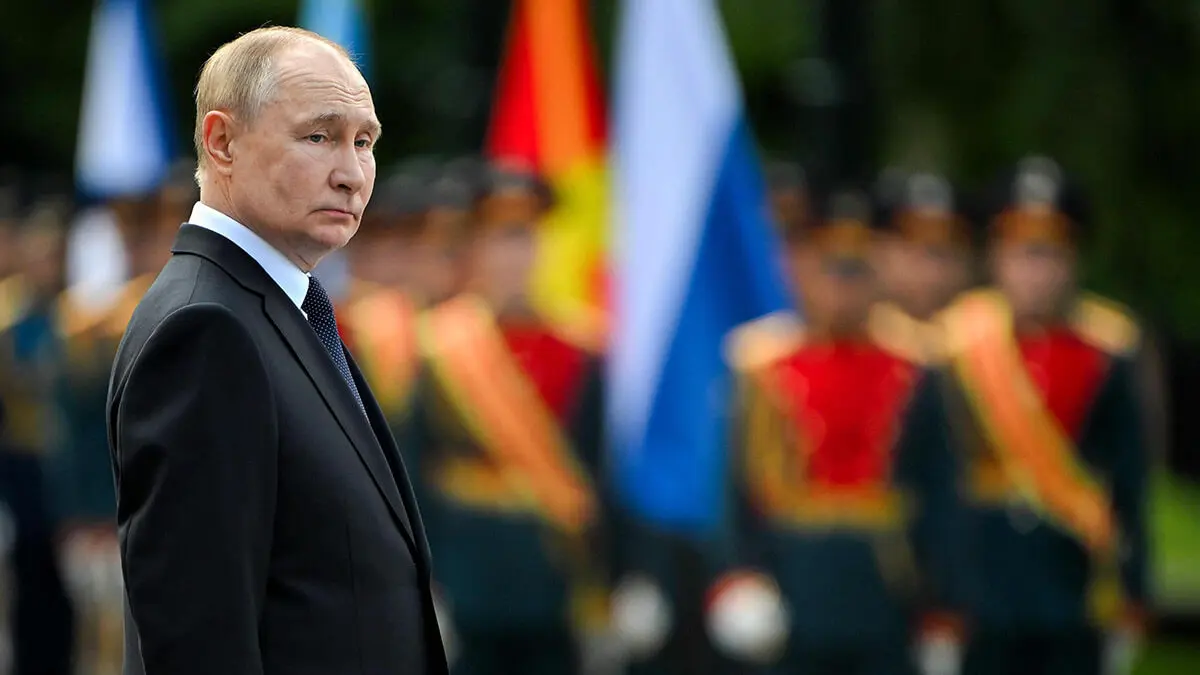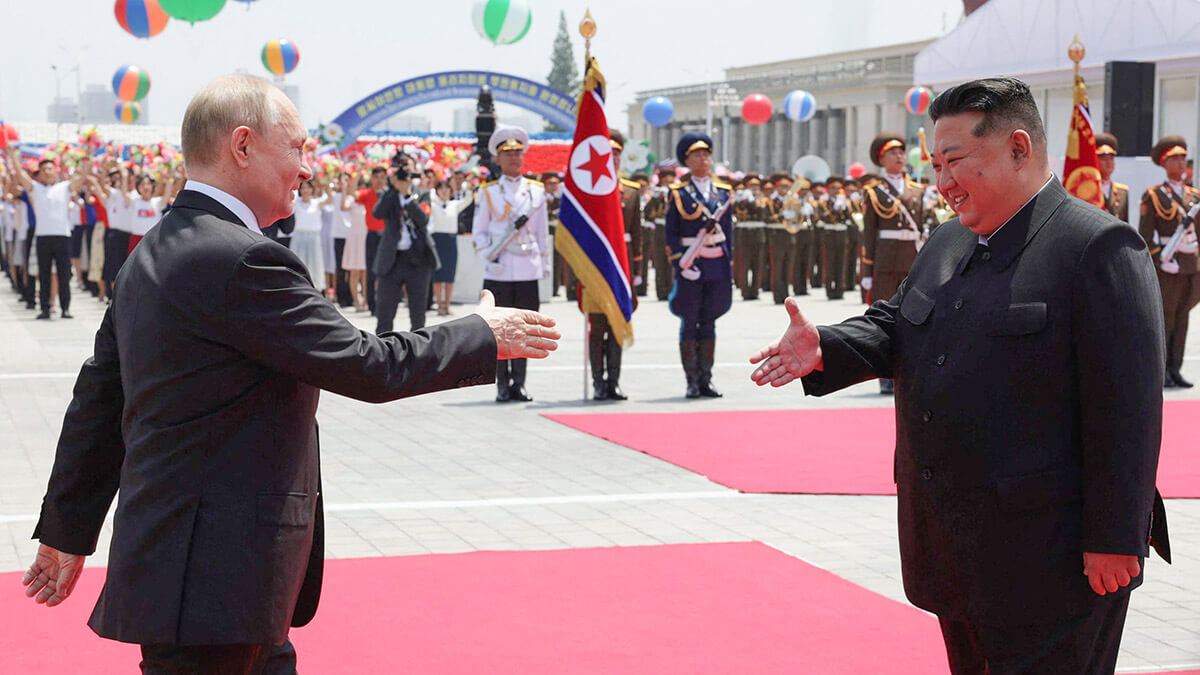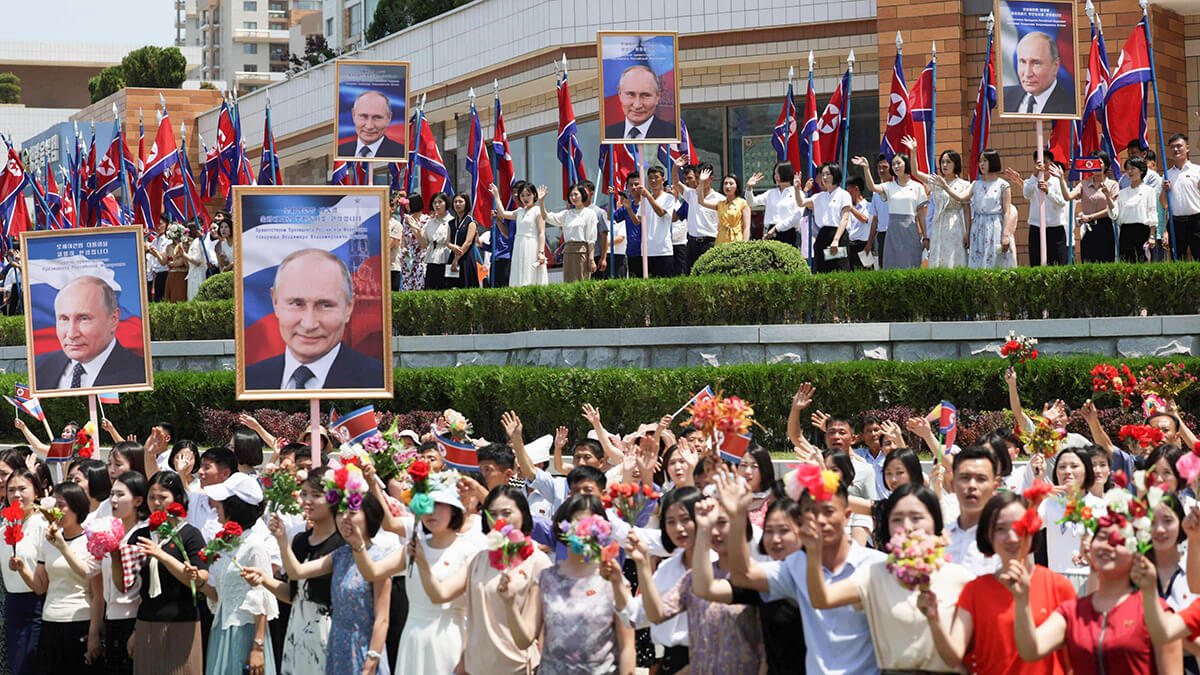The damned dialectic

The New York Times, in its edition of 14 June 1934, reported on the first meeting between the dictators Adolf Hitler of Germany and Benito Mussolini of Italy. A two-day meeting in Venice sealed the beginning of a relationship of convenience between the two dictators, to such an extent that Italy entered the Second World War on 10 June 1940 by declaring war on France and the United Kingdom; three months later it invaded Egypt and Greece the following year.
Hitler gained an ally, which he initially sought in the Russian dictator, Yossif Stalin, but that relationship was forged by the Nazi leader's enormous mistrust of communism and there was a clash of personalities because both were deeply traitorous, psychopathic, distrustful and ambitious.
We know what that relationship between Hitler-Stalin and Hitler-Mussolini led to and the millions of lives it cost in liberating Europe from the yoke of fascism and Nazism. The subsequent consequences, with the partition of Europe into two blocs and of Germany itself; the liberation of Europe required the participation of the USSR and its troops and the cost was more than paid for under the yoke of communism.

Although the Second World War ended on 2 September 1945, let us say that the total liberation of Europe was completed thanks to the reforms introduced by Soviet President Mikhail Gorbachev between 1985 and 1991, known as Perestroika in political and economic terms and Glasnost, aimed at modernising society, opening up the media in order to promote freedom of expression and the free expression of ideas.
When the USSR officially broke up on 25 December 1991, following Gorbachev's resignation, the Russian Federation was born and fifteen countries were created, including Ukraine. The Russian communist state of the USSR had failed.
At the time, Putin was 39 years old, a KGB officer, and ten years later he was already President of Russia and, in his first speeches, hinted that he was a nationalist admirer of Tsar Peter I, nicknamed the Great, and a late-Soviet romantic, a supporter of Stalin and the USSR.
Of the USSR with its territorial greatness, which also translates into a significant economic impact. Because Putin's ambitions have once again repositioned Russia geopolitically and militarily, but it does not have the economic power of China, the United States or the European Union. And it envies him for that.
Putin intends to reoccupy the space left by the USSR, to regain its area of influence, and that, in short, is very worrying for the immediate future and for the course of Ukraine, which is the fate of Europe itself.
On the subject
The dialectic of history: on 15 June, in a visit that the Asian media described as "historic", the Russian dictator visited his counterpart Kim Jong-un in North Korea. They sealed a mutual defence pact as if it were a kind of response to the US-Ukraine agreement.
Putin, who had not visited Pyongyang since 2000, was greeted like a modern pharaoh with impressive lavishness, perhaps a sign of the new times between the two leaders.
Among the most significant, Putin and Jong-un signed an expanded agreement on security, trade, investment, cultural and humanitarian ties. The most striking part is the creation of an alliance for mutual defence in case either country is attacked by a third party.
The comprehensive strategic partnership between the two countries, both isolated by global sanctions, could expand military technology transfers to Pyongyang in exchange for ammunition supplies that Moscow's military urgently needs for its war in Ukraine. It will be a trade of Russian energy for North Korean missiles, bombs and ammunition.
A number of Pentagon analysts have viewed with concern this rapprochement, which would tend to enhance both Russia's and North Korea's nuclear weapons and missile programmes.

Putin said the so-called comprehensive strategic partnership treaty provides for "among other things, mutual assistance in case of aggression against one of the parties to this treaty", Russian state news agency TASS reported.
The Russian dictator compared the agreement to efforts by the US and other NATO nations to send long-range weapons and F-16 fighter jets to Ukraine to carry out attacks on Russian territory, saying such actions were a "flagrant violation" of various international obligations.
In Europe, they watch this mutual defence military alliance nervously, uncertain about what North Korea's role might be vis-à-vis Ukraine. Russia, which is a nuclear power, lacks not only ammunition but also soldiers to go to the front line. In any case, there are no real signs of a ceasefire and peace in Ukraine for the rest of the year. And that remains very bad news for all Europeans.

